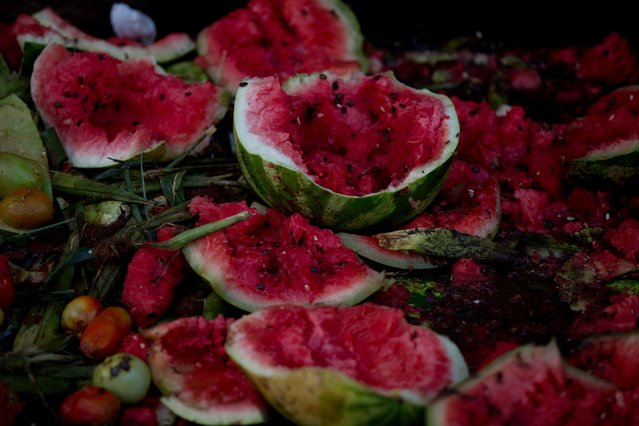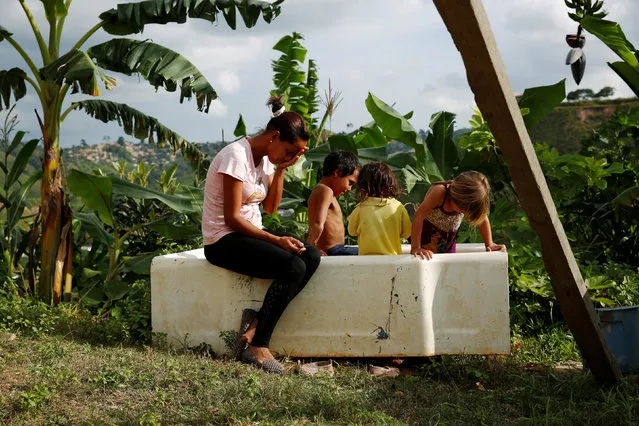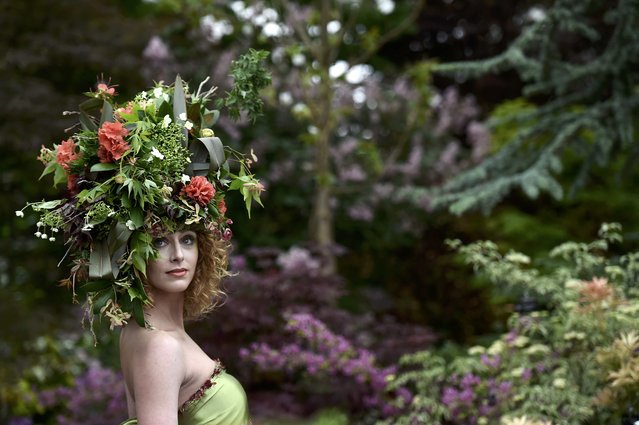
Members of the Indonesian Presidential Security Forces (Paspampres) show their skills during the simulation of a terrorist attack in Jakarta, Indonesia, 29 December 2016. According to reports in local media the Indonesian security forces have already arrested 21 terrorists suspects and fatally shot five of them, who were allegedly planning attacks in the Indonesian capital during the Christmas and New Year's Eve celebrations this year. The presentation was shown on the occasion of a visit by Indonesian President Joko Widodo and a delegation to the Paspampres headquarters in Jakarta. (Photo by Bagus Indahono/EPA)
30 Dec 2016 10:57:00,post received
0 comments







